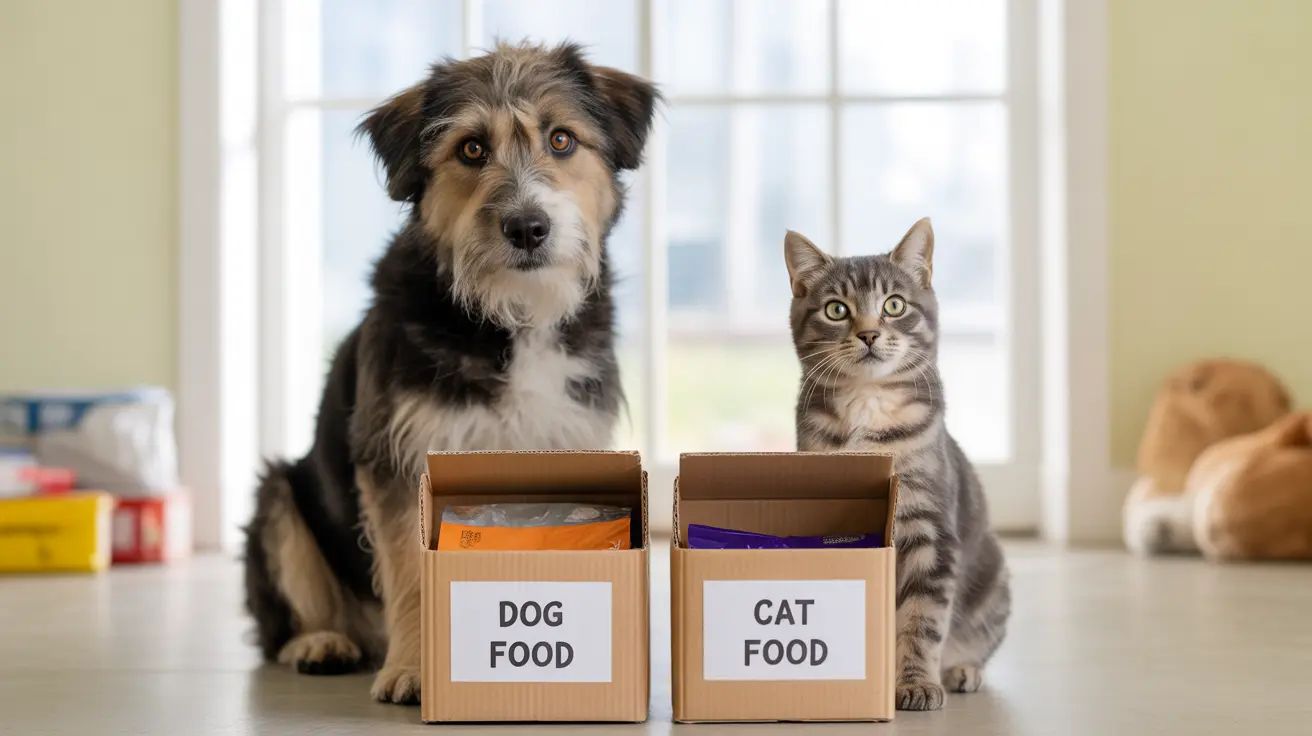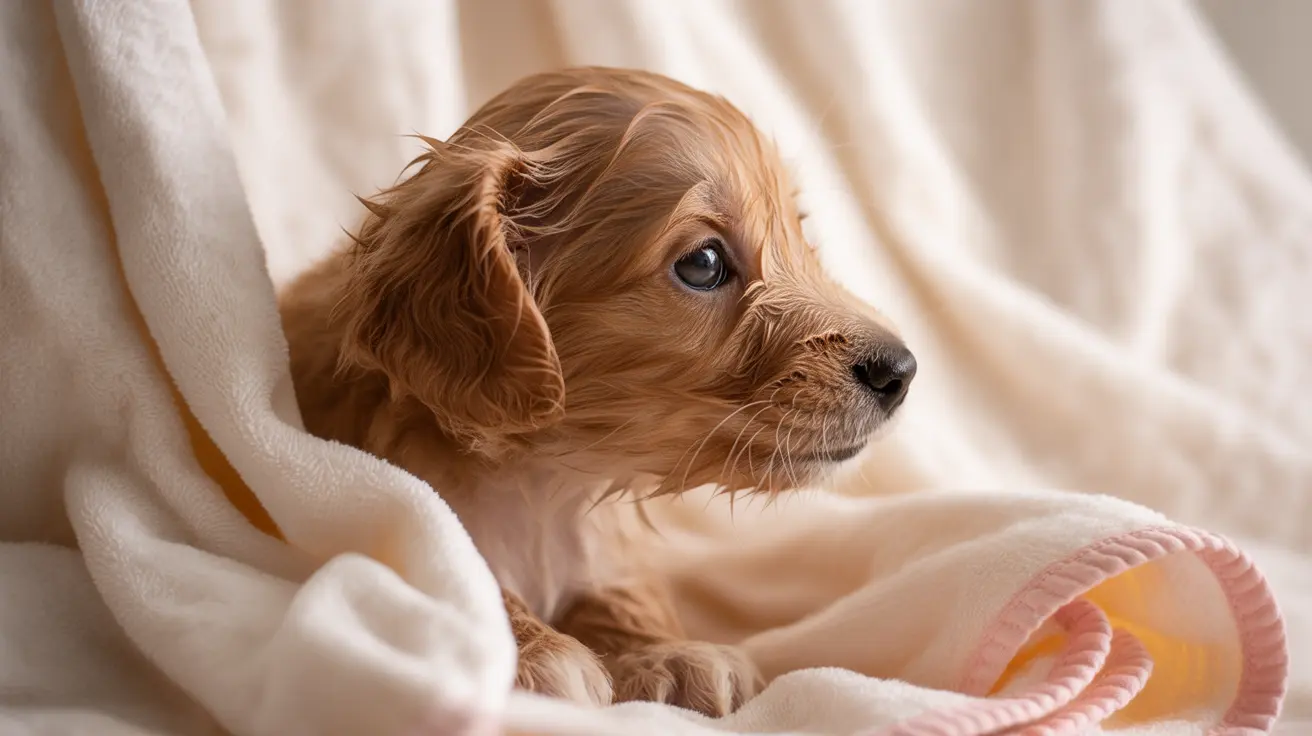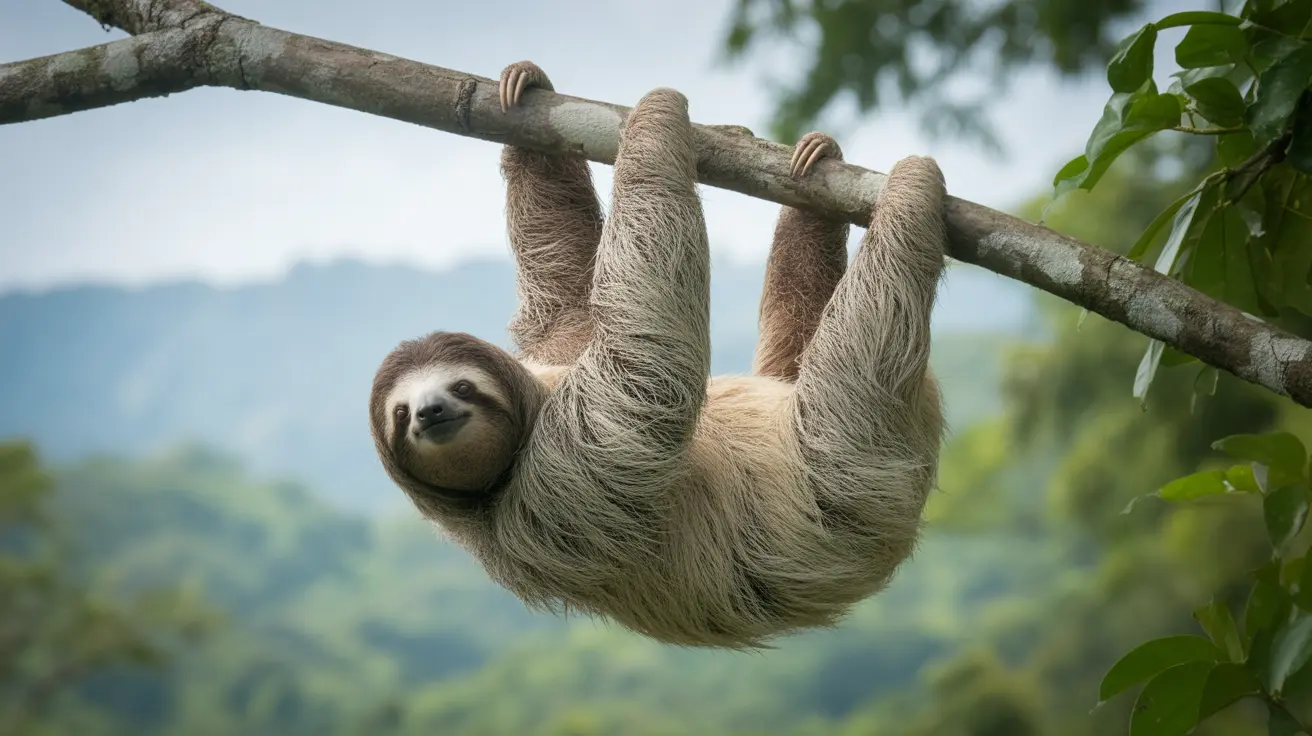How to Stop Your Dog from Chewing His Paws
It's natural for dogs to occasionally lick or chew their paws, but when this behavior becomes excessive, it can indicate underlying health or behavioral issues. Understanding the root causes and addressing them promptly is crucial to your dog's well-being.
Common Causes of Paw Chewing
- Allergies: Dogs may react to food, environmental allergens, or household chemicals. Signs include itchy paws, skin inflammation, ear infections, or recurrent hot spots.
- Parasites: Fleas, mites, and ticks often inhabit spaces between the toes, causing intense itching and chewing.
- Infections: Yeast or bacterial infections can follow allergies or exist independently, often marked by discharge, odor, or redness.
- Injuries: Cuts, splinters, overgrown nails, or burns can cause localized discomfort leading to chewing behavior.
- Dry Skin: Weather changes and nutritional deficiencies can cause cracking of the paw pads, prompting licking or chewing.
- Behavioral Issues: Anxiety, boredom, or obsessive-compulsive disorders may cause a dog to chew its paws as a coping mechanism.
- Pain: Joint or muscular discomfort may lead dogs to chew in response to referred or localized pain.
- Anal Gland Problems: Discomfort from full anal glands can cause hind leg chewing.
- Chemical Irritants: Contact with lawn chemicals, salt, or cleaning agents may irritate the skin.
Diagnosis and Treatment
To determine the exact cause, your veterinarian may conduct skin tests, allergy testing, or imaging diagnostics. Treatment depends on the identified issue and can include:
- Antihistamines or anti-inflammatory medication for allergies
- Flea/tick control treatments for parasites
- Topical or oral antibiotics/antifungals for infection
- Bandaging or medical treatment for injuries
- Nutritional supplements for dry skin
- Behavioral modification or anti-anxiety medication
Preventive Measures
- Regularly inspect and clean your dog's paws, especially after outdoor activities
- Use dog-friendly moisturizers to prevent dryness
- Keep nails trimmed and fur between pads groomed
- Provide mental and physical stimulation through toys and exercise
- Avoid exposing your dog to known allergens or harsh chemicals
- Consult a vet at the first sign of persistent or worsening symptoms
Early intervention is essential to avoid complications such as open sores, infection, or chronic licking-induced injuries. By maintaining good hygiene, nutrition, and emotional well-being, you can help minimize your dog’s paw chewing habits and ensure a happier, healthier pet.





